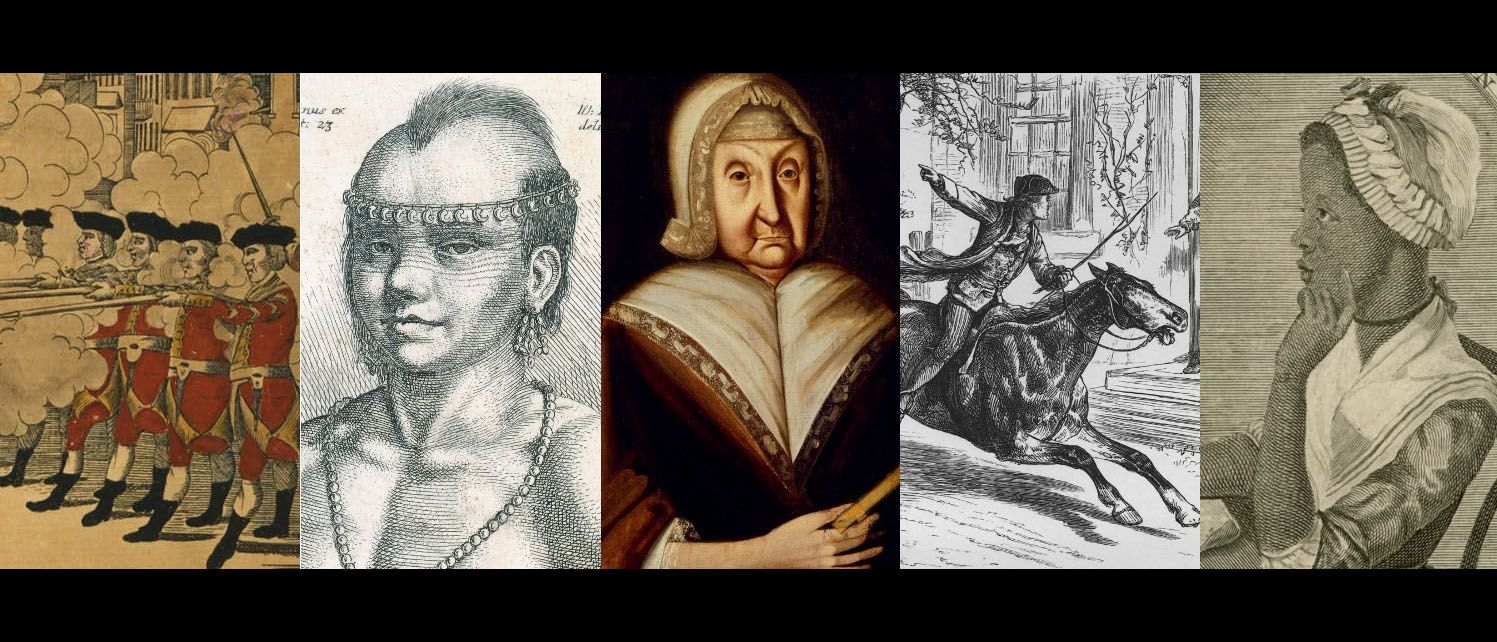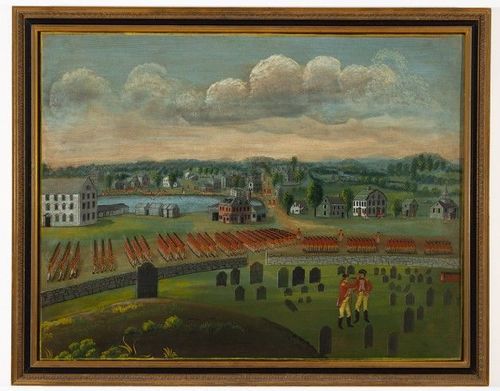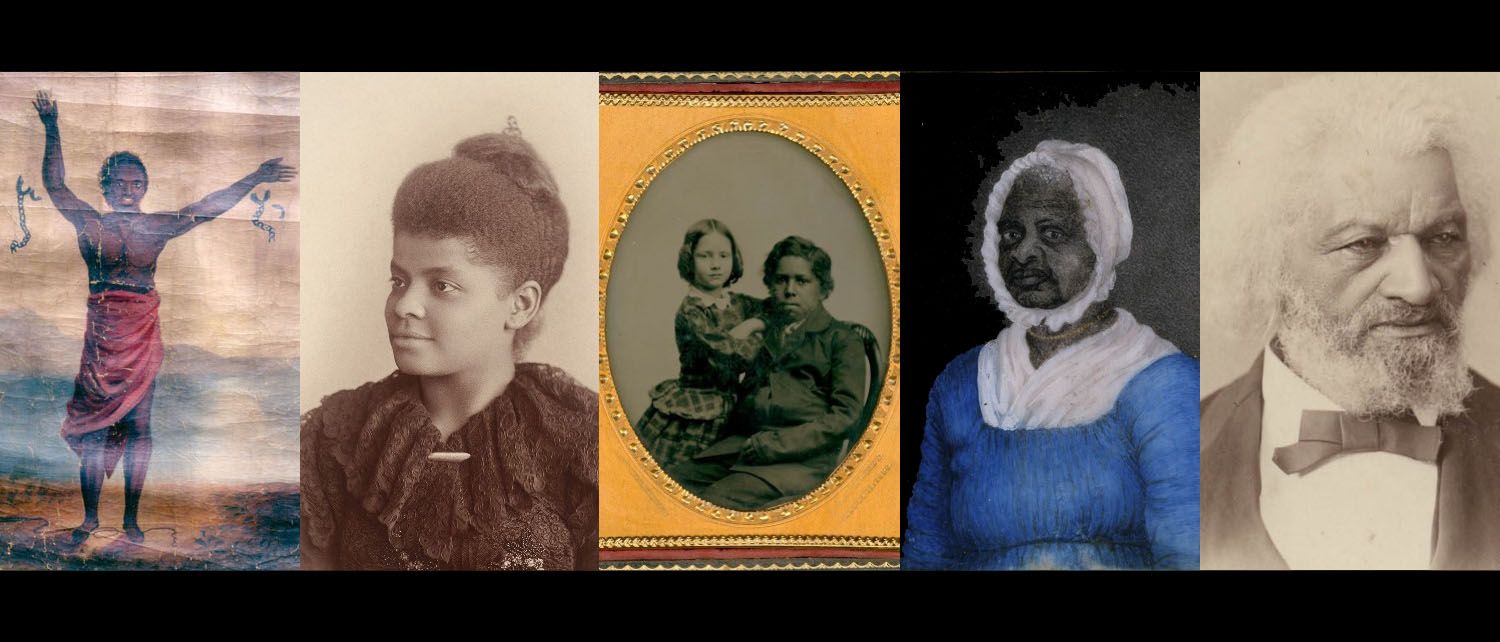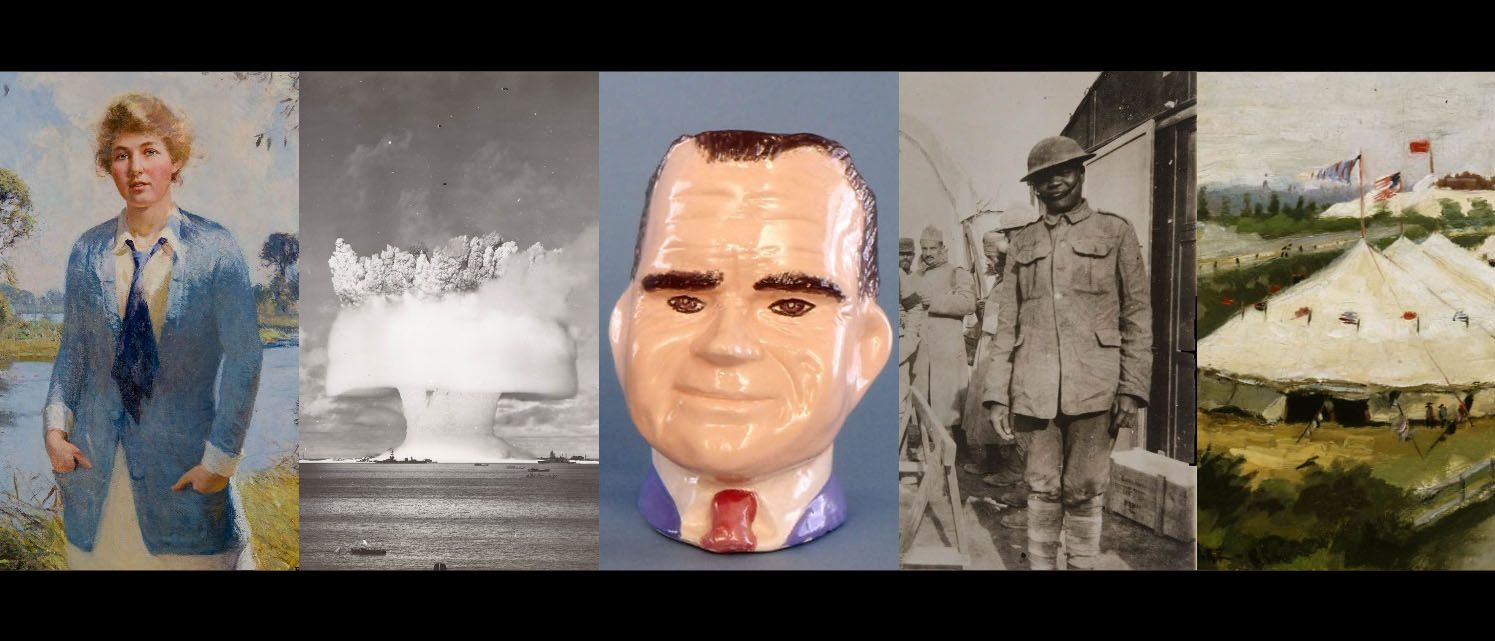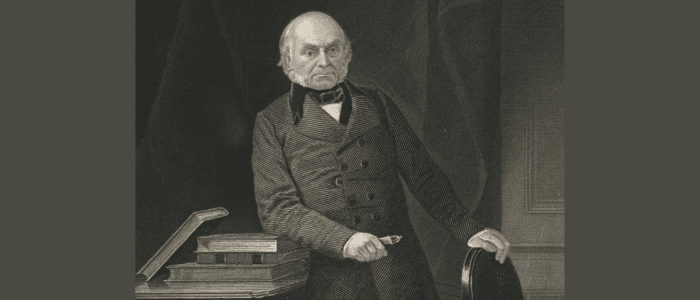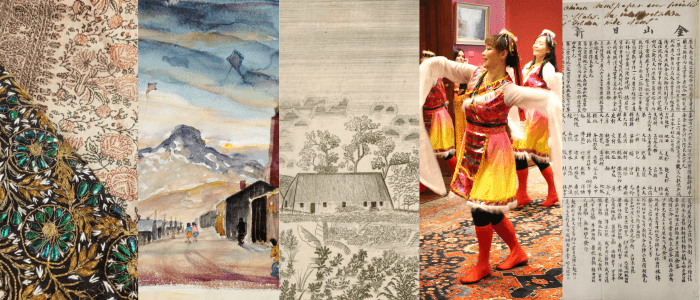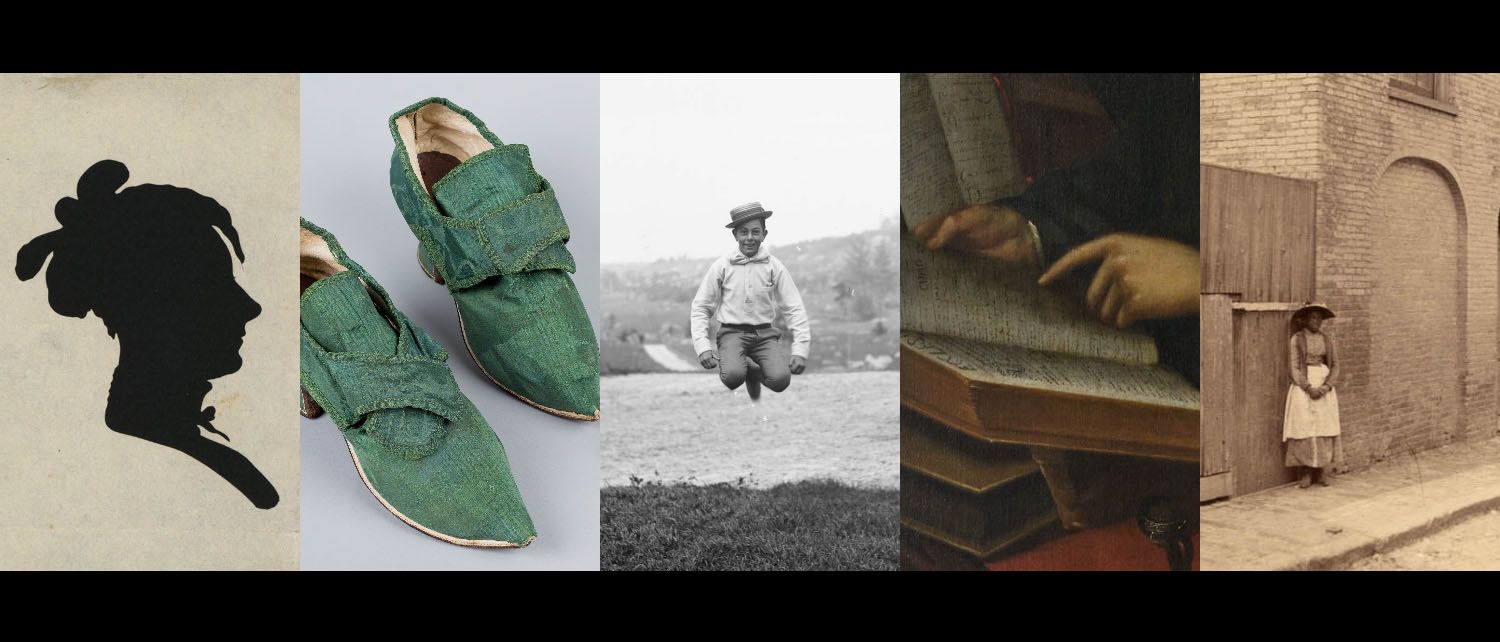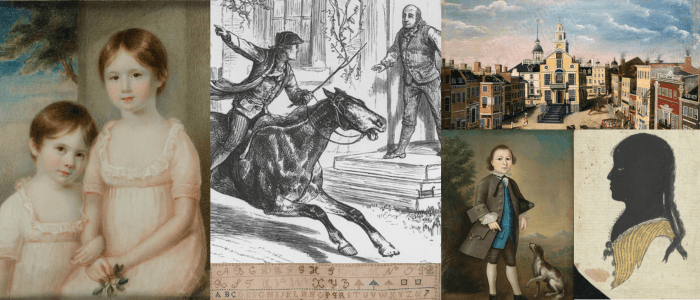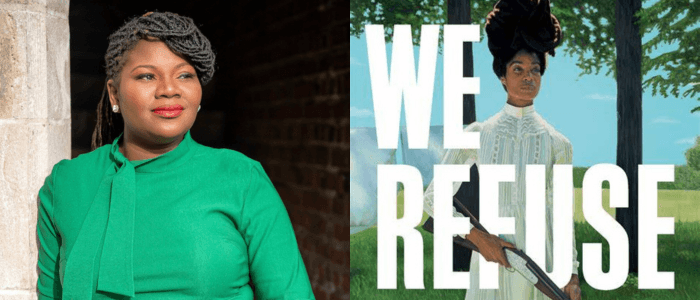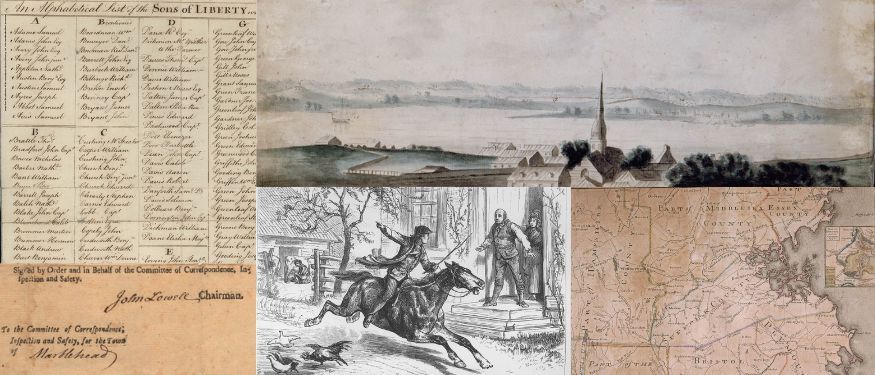Event
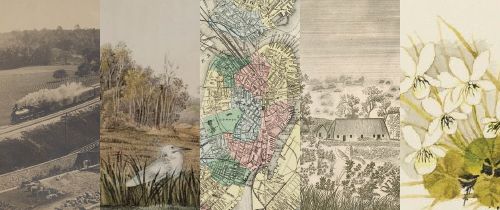
Environmental Change in the 19th Century - A Panel Discussion
Author: Hayden L. Nelson, University of Kansas
Karl Nycklemoe, Stony Brook University
Comment: John William Nelson, Texas Tech University
This is an online event.
This panel brings together the work of two historians examining the environment in the nineteenth century United States. Hayden L. Nelson's paper discusses how the North American fur trade created profound environmental effects. Nelson examines how the destruction of furbearing populations—especially beaver—in the North Woods region around Lake Superior changed this environment before its survey and settlement by the United States beginning in the 1840s. Nelson challenges historical perceptions that the region was an untrammeled wilderness, arguing instead that the North Woods were in a state of flux before white settlement arrived, and that understanding the environmental changes caused by the fur trade are critical to understanding subsequent treaties, dispossession, and U.S. industrial expansion into the region. Karl Nycklemoe's paper is part of a larger environmental history of the Upper Mississippi watershed from the 1780s to the 1880s. This piece argues that US colonization of the region began at and through the water, not the land, by drawing from an archival base of military-scientific expeditions conducted in the first three decades of the nineteenth century by US soldiers and scientists. As US expeditioners re-envisioned Indigenous terraqueous homeland as a network of riverine “highways,” they pinpointed sites of military garrisons and the means to surveil Indigenous trade and diplomacy. Yet, domestic Indigenous sovereignty was consistently strong in this era, as US expeditions were always dependent on Indigenous interlocutors to navigate the politics and topography of the Upper Mississippi.
Join the conversation at the Environmental History Seminar. Seminars bring together a diverse group of scholars and interested members of the public to workshop a pre-circulated paper. Learn more.
Purchasing the $25 seminar subscription gives you advance access to the seminar papers of all seven seminar series for the current academic year. Subscribe at www.masshist.org/research/seminars. Subscribers for the current year may login to view currently available essays.
Online Event
The virtual seminar begins at 5:00 PM and will be hosted on the video conference platform, Zoom. Registrants will receive a confirmation message with attendance information.
By registering you are agreeing to abide by the MHS Visitor Code of Conduct.
